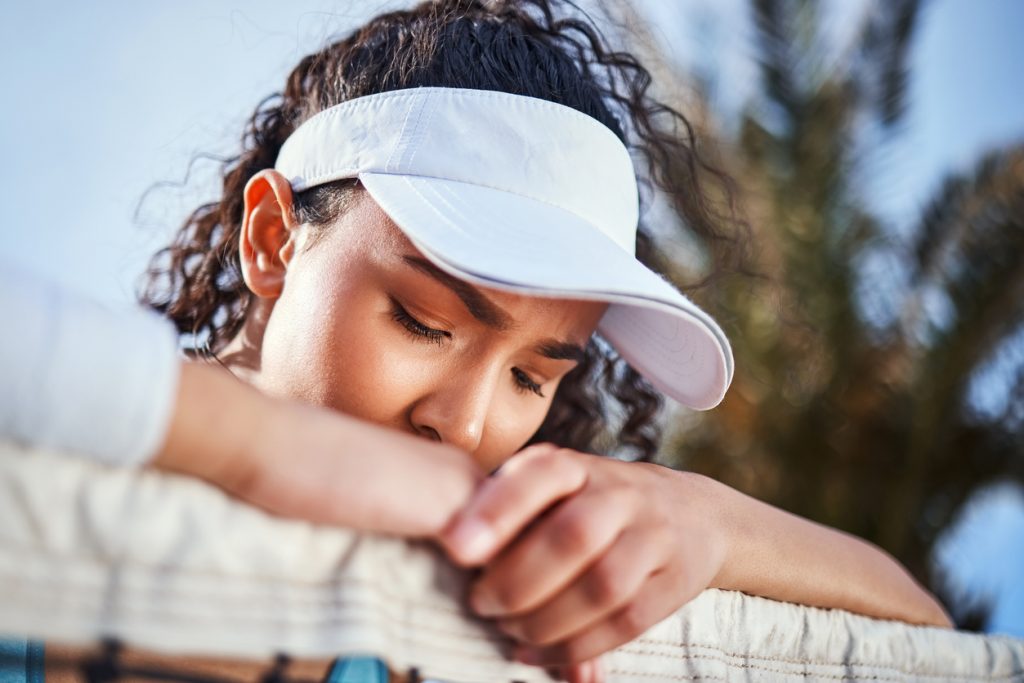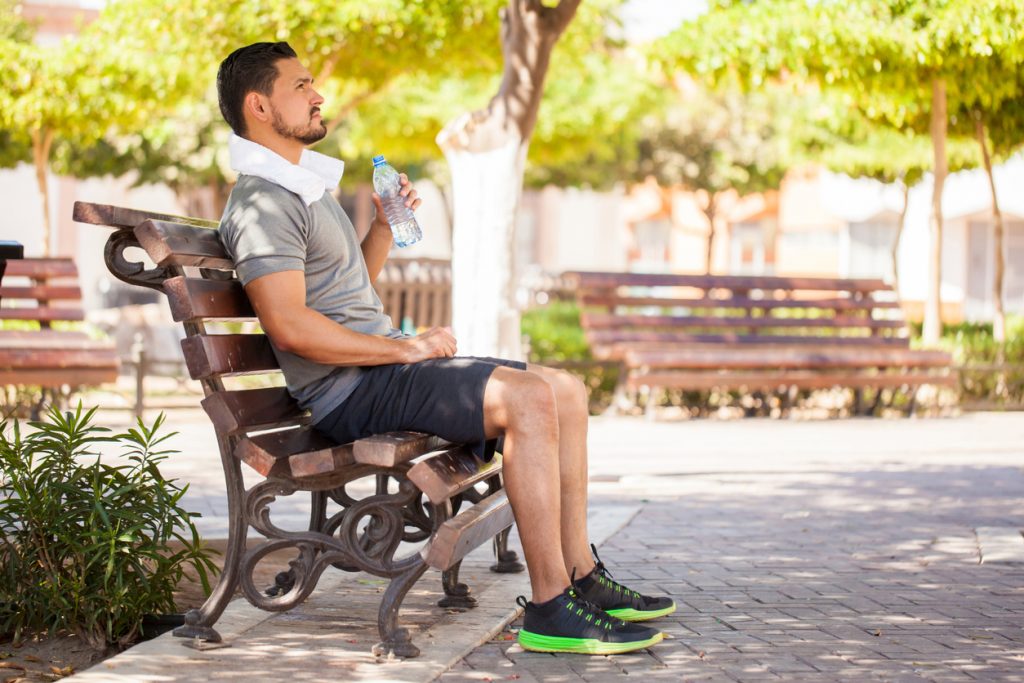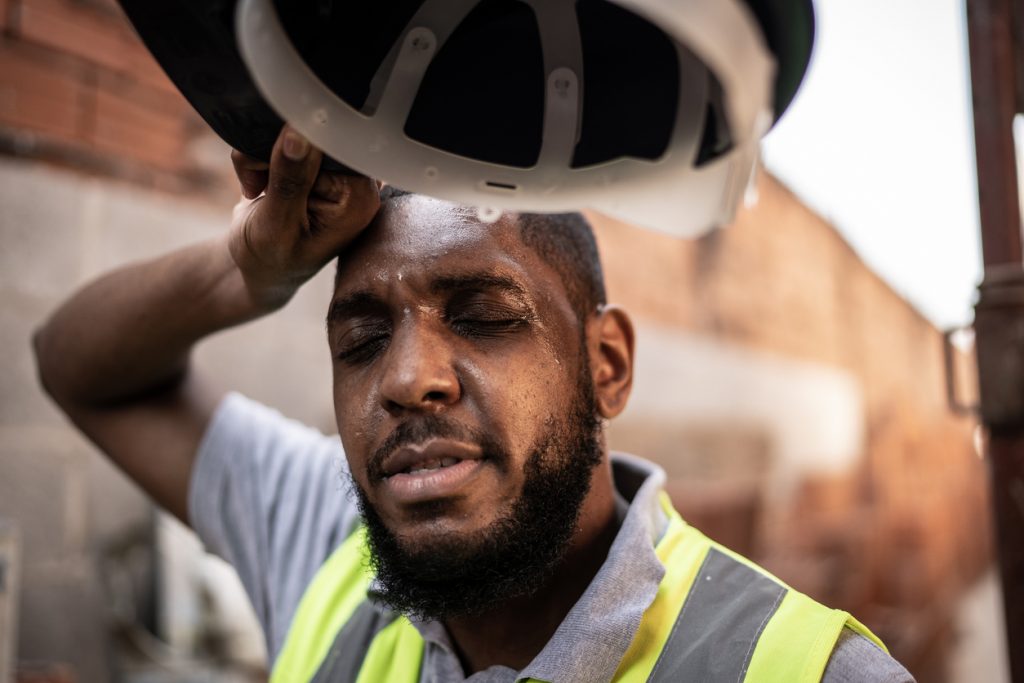Recognizing Heat-Related Illness

Summer heat has arrived! With high temperatures in Atlanta and Lawrenceville often exceeding 90 degrees, coupled with high humidity levels, it’s easy to become overheated. While anyone can be affected by the heat, those most susceptible include children younger than age 4, seniors aged 65 and older, those who are obese, people with certain medical conditions, and workers whose jobs require them to be outdoors. Excessive heat can be deadly. Never leave people or pets in a parked car. The following are strategies to help cope with high summer temperatures:
Stay Hydrated
Hydration is essential. Drink plenty of fluids, especially when outdoors. Water is the best choice, but other good options include sports drinks with electrolytes, milk, coconut water, and fruit juices (without added sugar). Avoid sodas, energy drinks, alcohol, and beverages that contain caffeine. Caffeine and alcohol are diuretics, which means they increase urine output.

Avoid Strenuous Activities
Limit exercise to the cooler parts of the day and stay inside during peak sun hours. When outside wear loose fitting, light-weight clothing and a hat. Use sunscreen to protect skin from sunburn. Pace yourself and rest in the shade as necessary.
Cool Off in Air Conditioning
Stay in the air conditioning as much as possible. Close blinds and curtains on windows that face the sun. Use the stove and oven less. Take a cool bath or shower.
Heat-Related Illnesses

Heat exhaustion and heat stroke are heat-related illnesses. It’s important to recognize the signs and take immediate action.
Heat Exhaustion
- Heavy sweating
- Muscle cramps
- Headache
- Dizziness
- Weakness
- Fainting
- Nausea or vomiting
Heat exhaustion is serious. It’s important to take appropriate steps to cool the person down and provide fluids.
Heatstroke
- Hot, dry skin with no sweating
- Extremely high body temperature
- Rapid pulse
- Dizziness
- Confusion
- Throbbing headache
- Seizures
- Unconsciousness
Heatstroke is a medical emergency. Call 911 for help. While help is on the way, cool the person by whatever means available. Immerse them in a cold bath or cover them with wet sheets. Apply ice packs to the groin, armpits, neck, and back. If conscious, give fluids. Untreated heatstroke can cause organ failure, brain damage, and death.
The physicians at RMD Primary Care specialize in General Practice, Family Medicine, and Medical Weight Loss. Our doctors are Board Certified in Family Medicine and Internal Medicine. We believe that quality healthcare begins with preventative care and health maintenance. If it’s been a while since your last health checkup, contact our office to schedule an appointment.




